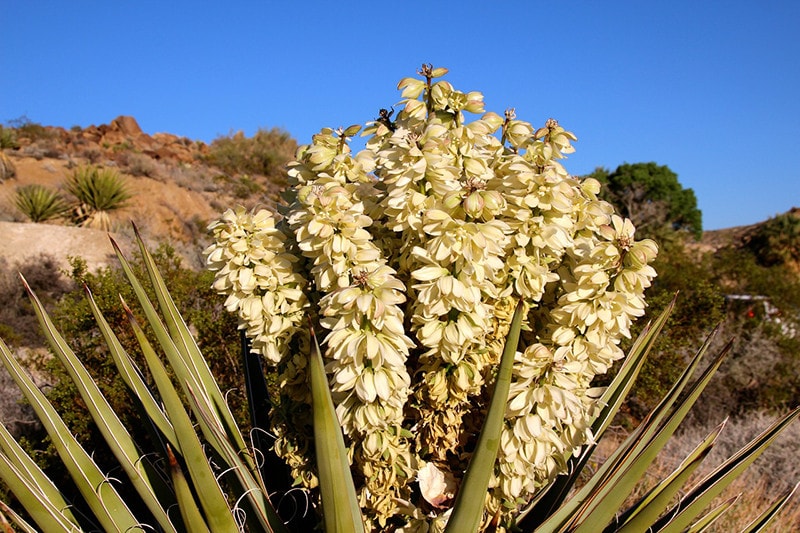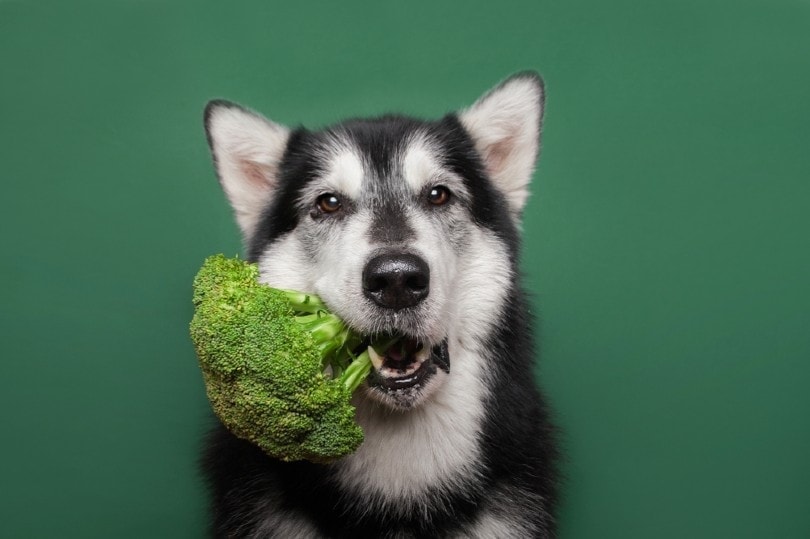Yucca plants are known for their ornamental beauty and potential health benefits, including arthritis relief for dogs. However, it’s important to understand that yucca can be highly toxic to our furry friends. As a responsible pet owner, you need to be aware of the potential risks associated with yucca consumption. In this article, we’ll explore whether or not dogs can eat yucca and discuss alternative options to keep your dog healthy and safe.
Can Dogs Eat Yucca?
Raw yucca is highly toxic to dogs, and all parts of the plant contain steroidal saponins that can lead to poisoning and, in extreme cases, be fatal. The American Society for the Prevention of Cruelty to Animals (ASPCA) lists yucca as a toxic substance for dogs. If you have yucca plants in your garden or live in an area where they are cultivated, it’s crucial to remove them and prevent your dog from consuming this toxic species.
Even though cooked yucca doesn’t contain cyanide like the raw form, it still contains saponins and should be kept away from your dog. Sharing your yucca fries with your furry companion is not recommended. While there are yucca extracts used in some health supplements, it’s best to consult with your veterinarian before giving your pet any yucca formula.
Yucca’s Health Benefits
Processed yucca can have health benefits for dogs when used in specific medicines. Herbalists extract minerals and vitamins from the plant by drying and grinding it, creating products like tea. These processed forms of yucca can help with arthritis, dysplasia, skin allergies, and digestive problems in dogs. However, it’s important to note that these benefits are specific to certain products made for dogs and should not be attempted at home. You should only use yucca supplements that are specially processed for dogs and consult with your veterinarian before incorporating them into your pet’s diet.

Photo Credit: nightowl, Pixabay
Signs of Yucca Poisoning
If your dog accidentally consumes raw yucca, there are signs that may indicate poisoning. If you notice any of these signs, it’s important to remain calm and seek veterinary assistance as soon as possible:
- Vomiting
- Diarrhea
- Abdominal pain
- Loss of appetite
- Lethargy
The longer you wait to seek help, the more damage the toxin can cause. Vets may induce vomiting, provide intravenous fluids, and perform tests depending on the severity of the situation.

Photo Credit: MDV Edwards, Shutterstock
Healthy Diet Tips for Arthritis and Dysplasia
While yucca may not be a safe option for your dog, there are plenty of alternative natural remedies you can offer to alleviate joint pain and other health issues. Consider the following:
- Incorporate good quality meat like chicken and beef into your dog’s diet, as they are naturally high in iron.
- Foods rich in vitamin C, such as kale and spinach, help rebuild connective tissues damaged by conditions like dysplasia.
- Ginger can be given in small quantities to treat joint pain, arthritis, and dysplasia due to its anti-inflammatory properties.
- Turmeric is another well-known anti-inflammatory herb that can be beneficial for joint pain and inflammation.
- Always consult your veterinarian before introducing new foods to your dog, as individual dietary needs can vary.
Remember to wash and prepare vegetables carefully, removing any stems, seeds, pits, cores, or leaves, and feed them in moderation, accounting for no more than 10% of your dog’s total diet.

Image Credit: Ellina Balioz, Shutterstock
Frequently Asked Questions
Q: Can dogs eat yucca fries?
A: No, dogs should not consume yucca in any form as it is highly toxic to them.
Q: Is yucca safe for dogs in processed forms?
A: Processed forms of yucca, specifically made for dogs, can have health benefits when used correctly. However, it’s essential to consult with your veterinarian before introducing yucca supplements into your pet’s diet.
Q: What are the signs of yucca poisoning in dogs?
A: Signs of yucca poisoning may include vomiting, diarrhea, abdominal pain, loss of appetite, and lethargy. If you suspect your dog has ingested yucca, seek veterinary assistance immediately.
Q: What are some safe alternatives for dogs with joint pain and dysplasia?
A: Good quality meat, vegetables, and herbs like ginger and turmeric can be beneficial for dogs with joint pain and dysplasia. Always consult with your veterinarian to determine the best options for your dog’s specific needs.
Conclusion
While yucca supplements may have potential benefits for joint pain, digestive issues, and skin conditions in dogs, it’s essential to prioritize their safety. Raw and cooked yucca are unsafe for dogs and can lead to health problems. As a responsible pet owner, it’s crucial to explore safe alternatives and consult with your veterinarian about the best options for your dog’s well-being.
See Also:

